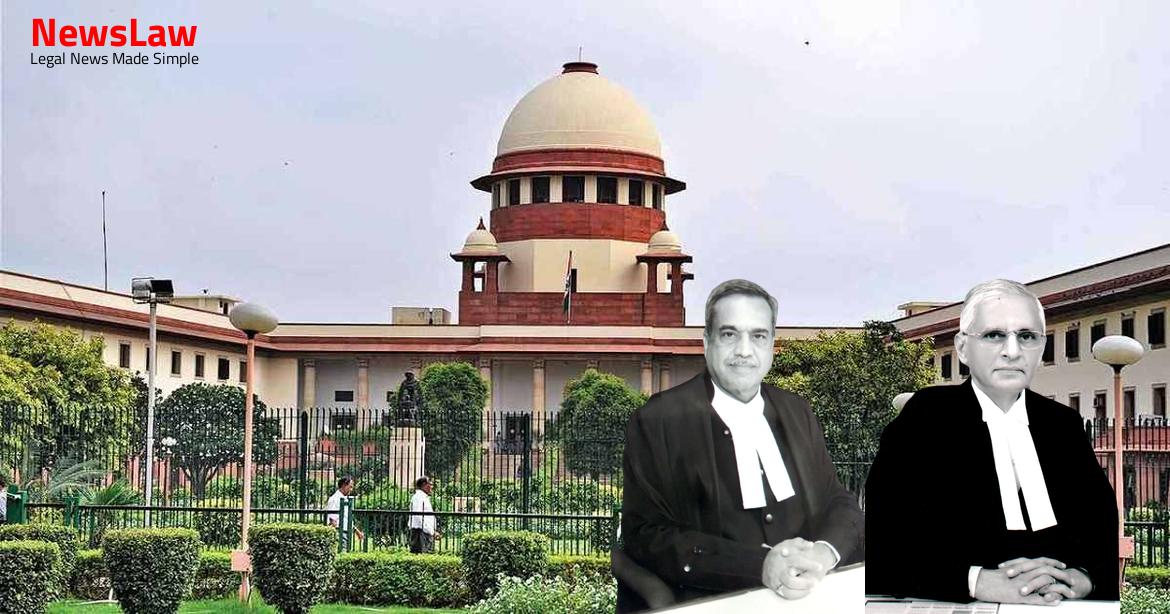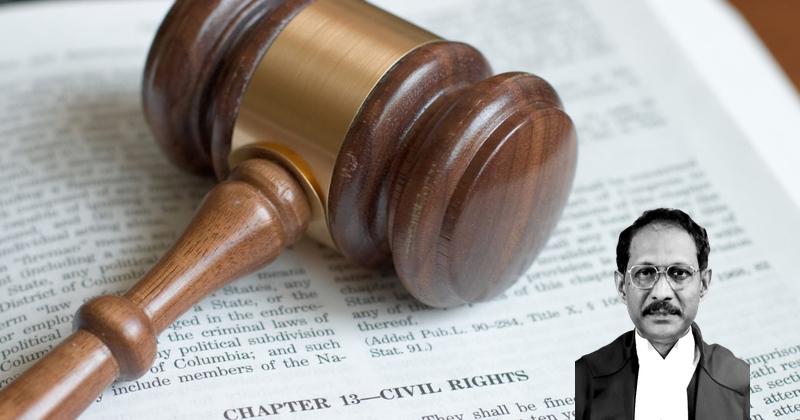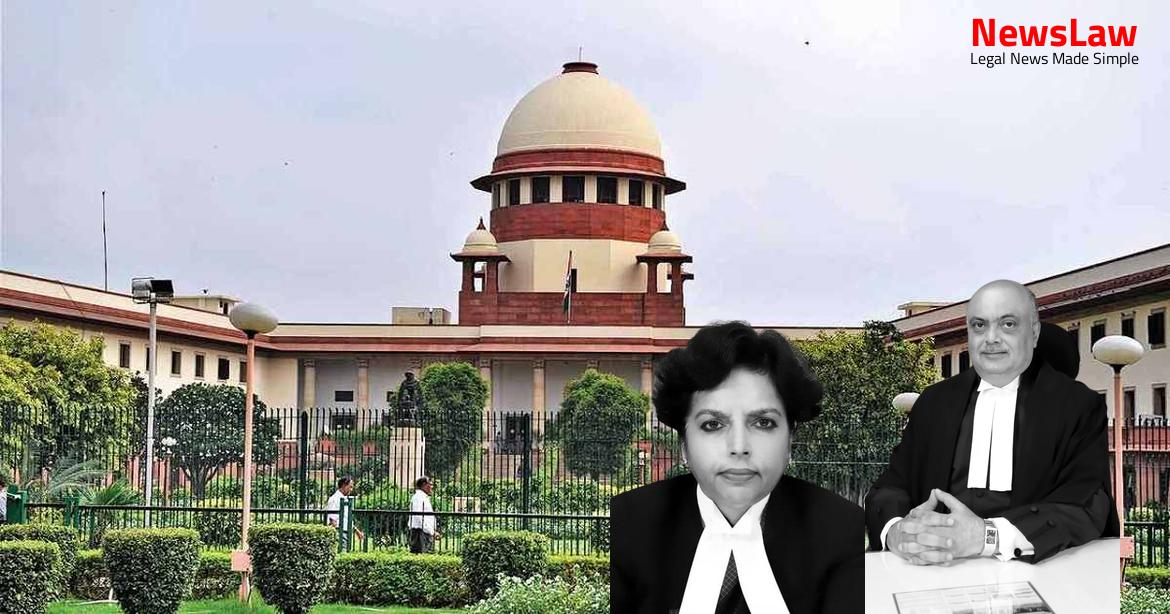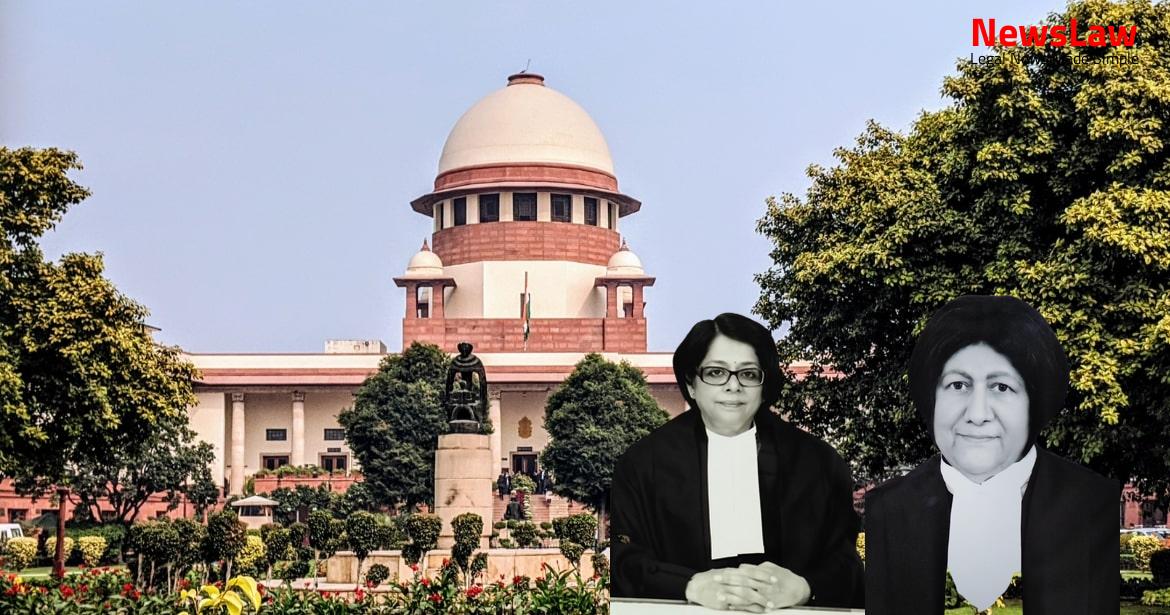The court’s legal analysis on the filing of additional documents in commercial court proceedings plays a critical role in ensuring procedural fairness and adherence to the law. This summary delves into the complexities of filing additional documents, the implications for the case outcomes, and the importance of following the prescribed legal provisions. Understanding the court’s approach to such matters is vital for litigants and legal practitioners navigating commercial court proceedings.
Facts
- Appellant filed a commercial suit seeking permanent injunction against the defendant’s use of certain trademarks.
- Delhi High Court allowed the defendant to file all documents.
- Commercial Court later dismissed plaintiff’s interim injunction application.
- Appellant sought to place additional documents on record, but the application was dismissed by the Commercial Court and confirmed by the High Court.
- The appellant filed a trademark suit in 2018, which was later withdrawn due to non-compliance with the Commercial Courts Act.
- The appellant filed the present suit in 2019, claiming adoption and use of the trademark since 2006.
- The Commercial Court dismissed the appellant’s application for additional documents in November 2019.
- The appellant filed a challenge in the High Court against the dismissal of their application.
- The High Court upheld the dismissal of the appellant’s application.
- The defendant later filed an application to produce additional documents, which was partially rejected by the Commercial Court in October 2020.
- The defendant appealed this rejection in the Delhi High Court.
- Both plaintiffs and defendants are required to file lists of all documents pertinent to the suit, as per Order XI Rule 1 of the CPC.
- The appellant filed an application under Order VII Rule 14 to file additional documents due to some documents not being produced along with the plaint.
- The Court rightly dismissed the appellant’s application under Order VII Rule 14.
- The defendant filed their written statement in January 2020.
Also Read: Judicial Review of Delayed Writ Petition
Arguments
- The appellant, through their Senior Advocate, argued that the application to file additional documents, already in support of the pleadings in the plaint, should have been allowed.
- The High Court confirmed the lower court’s decision of dismissing the application for additional documents, leading to the appellant filing the present appeal.
- The appellant’s counsel emphasized the necessity of the additional documents for a just decision in the suit, especially in the context of an application for interim injunction.
- It was pointed out that the application for additional documents was filed within the specified timelines, satisfying the requirements of the CPC.
- The respondent, represented by their Advocate, opposed the appeal by citing amendments in the CPC related to suits before commercial courts and the discovery timing of the invoices sought to be produced.
- The High Court’s failure to consider the timing and necessity of the additional documents in the trial court’s decision was highlighted.
- The appellant’s counsel argued that valid reasons existed for not initially producing all documents with the plaint, especially due to the urgency of seeking an ex-parte injunction.
- In the absence of compelling reasons, the dismissal of the application for additional documents was deemed appropriate as per the CPC provisions.
- Overall, the arguments centered on the timeliness, necessity, and procedural aspects concerning the filing of additional documents in the commercial court proceedings.
- Plaintiff’s application lacked bonafides as crucial documents were not produced during the interim injunction application.
- The application to submit additional documents was seen as an afterthought by the respondent.
- The reason for not producing additional documents due to their bulkiness was not considered valid by the respondent.
- Respondent requests the appeal to be dismissed.
Also Read: Ownership Dispute: Legal Analysis on Admission and Decree
Analysis
- The amendment in the Commercial Courts Act has led to changes in Order XI Rule 1 for suits before the commercial division and court.
- Order VII Rule 14 (3) is not applicable for suits before the commercial division and court as per the amended Order XI Rule 1.
- The plaintiff is mandated to disclose and produce all relevant documents at the beginning of the proceedings.
- Application for additional documents must be supported by valid reasons and filed within a specified timeframe.
- The court may grant leave for additional documents if they were not in possession of the plaintiff at the time of filing the suit.
- The genuineness of additional documents is not assessed at the stage of seeking leave but during the trial.
- The plaintiff must establish reasonable cause for non-disclosure of documents initially or show they were found subsequent to filing the plaint.
- The requirements and timeframe for filing additional documents are outlined in Order XI Rule 1 (4) and (5).
- The jurisdiction of the court under the Commercial Courts Act prevails over conflicting provisions in other rules or amendments.
- The plaintiff’s application for additional documents must align with the provisions of the Commercial Courts Act and Order XI Rule 1 as applicable to commercial suits.
- The plaintiff must include a declaration on oath in the plaint stating that all relevant documents in their possession have been disclosed.
- This declaration must be included in the Statement of Truth as per the Appendix.
- The plaintiff should affirm their competence to swear the affidavit and their knowledge of the case.
- They should confirm that all statements in the plaint are true to their knowledge.
- Any statements based on received information should be noted, as well as those based on legal advice.
- It is crucial that there is no false statement or concealment of material facts, documents, or records in the plaint.
- The plaintiff was not permitted to rely on documents other than the invoices as additional evidence.
- The plaintiff can rely on the mentioned invoices as additional documents.
- The outcome of the interim injunction application will not be affected by the production of invoices as additional documents.
- The appeal is partly allowed, quashing the order that refused to allow reliance on the mentioned invoices but confirming the rejection of other documents as additional evidence.
- Order XI Rule 1 (4) is deemed not applicable despite the application being filed within thirty days of the second suit.
Also Read: Interpretation of Statutory Limitation under Section 263(2)
Decision
- The court considered the facts and circumstances mentioned earlier in the case.
- The first suit was filed in October 2018, followed by an ex-parte ad interim injunction in favor of the plaintiff on 29.10.2018.
- The first suit was withdrawn on 27.07.2019, and a second suit was filed on 31.08.2019.
- Non-filing of additional documents, other than the invoices, was deemed unreasonable due to claims of voluminosity.
- No costs were awarded in this decision.
- The present appeal was partially allowed based on the mentioned points.
Case Title: SUDHIR KUMAR @ S. BALIYAN Vs. VINAY KUMAR G.B. (2021 INSC 484)
Case Number: C.A. No.-005620-005620 / 2021



